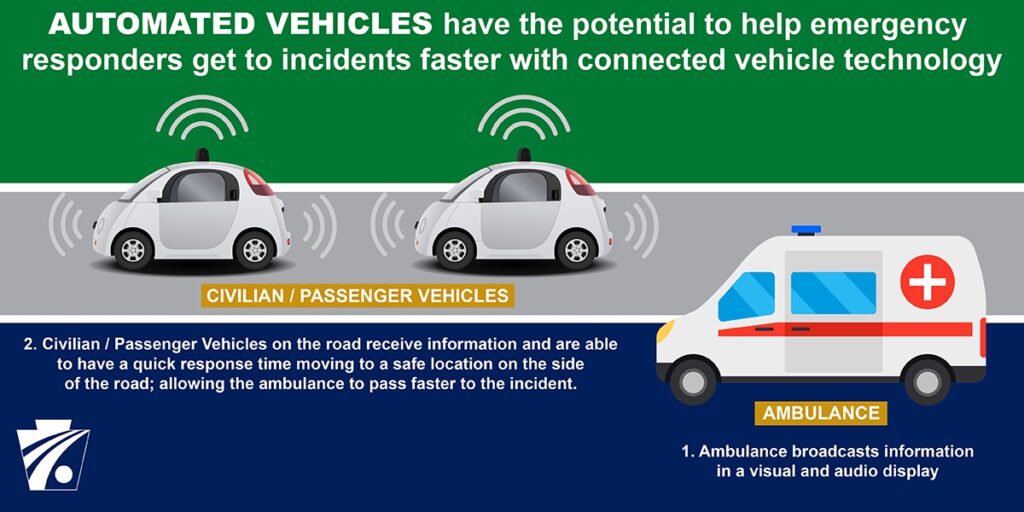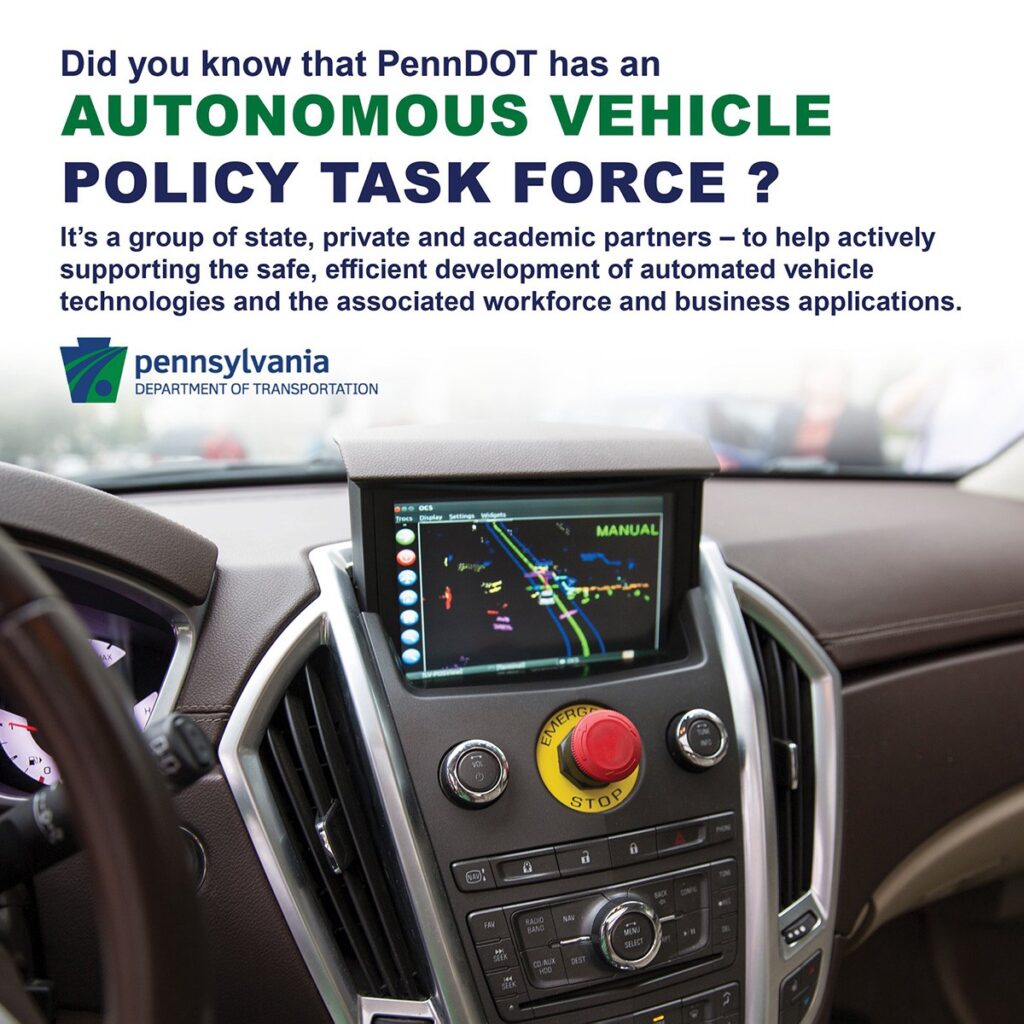PAVE: What is the most important thing you’ve learned from your work with AVs?
To meet public and industry expectations and ensure Pennsylvania achieves the safety and mobility benefits that automated vehicles promise, it is critical that transportation stakeholders work together. Through the Pennsylvania Highly Automated Vehicle Advisory Committee and Pennsylvania Automated Vehicle Task Force, PennDOT works with a diverse set of stakeholders, including representatives from various levels of government, law enforcement, OEMs, technology companies, academic research institutions, and advocacy groups, to gain various perspectives and identify previously unknown implications.
PAVE: How is Penn DOT preparing for AVs?
PennDOT is taking a 4-step approach to prepare for automated vehicles.
- Step 1 – Stay Informed – Automated vehicle technology is evolving at a rapid pace and it can be difficult for a DOT to keep abreast of all changes. PennDOT has taken the approach of being involved in as many international/national/regional committees and working groups as possible.
- Step 2 – Understand the Implications – Automated vehicles have the potential to change all facets of how a DOT operates. When deploying infrastructure that will be in place for decades, PennDOT is considering future technology as part of the initial planning process.
- Step 3 – Start Small and Work with Partners – Automated vehicle technology is new to everyone, so it is important to not tackle this challenge alone. PennDOT has partnered with both public and private sector stakeholders on variety of initiatives including an US DOT ADS Demonstration Grant to explore the safe integration of automated vehicles in work zones.
- Step 4 – Develop a Plan – Knowing that consistency and interoperability is essential to a large-scale deployment of automated vehicles, it is important that stakeholders work to come up with a unified approach to tackling this technology. PennDOT developed a Statewide Strategic Plan to assist Pennsylvania in preparing for automated vehicles by building upon existing research, identifying actionable steps, considering various levels of investment, and providing stakeholders with information pertaining to the early deployment of automated vehicles.
PAVE: What AV deployments/tests have taken place in your area?
As a state that has always been at the forefront of innovation and industry, it should come as no surprise that Pennsylvania is an epicenter for automated vehicle research and development. Since Carnegie Mellon University began testing their automated vehicle on public roadways in 2011, PennDOT has taken a proactive approach to ensure that public safety remains the paramount priority. In the last nine years, testing has expanded to include eight additional testers –Argo AI, Aurora, Locomation, Motional, Nvidia, Plus.AI, Qualcomm, and Uber. Testing is occurring in 56 of Pennsylvania’s 67 counties and 42% of counties having two or more authorized testers.
Read more about PennDOT’s work with AVs on their website or follow them on social media @PennDOT.




